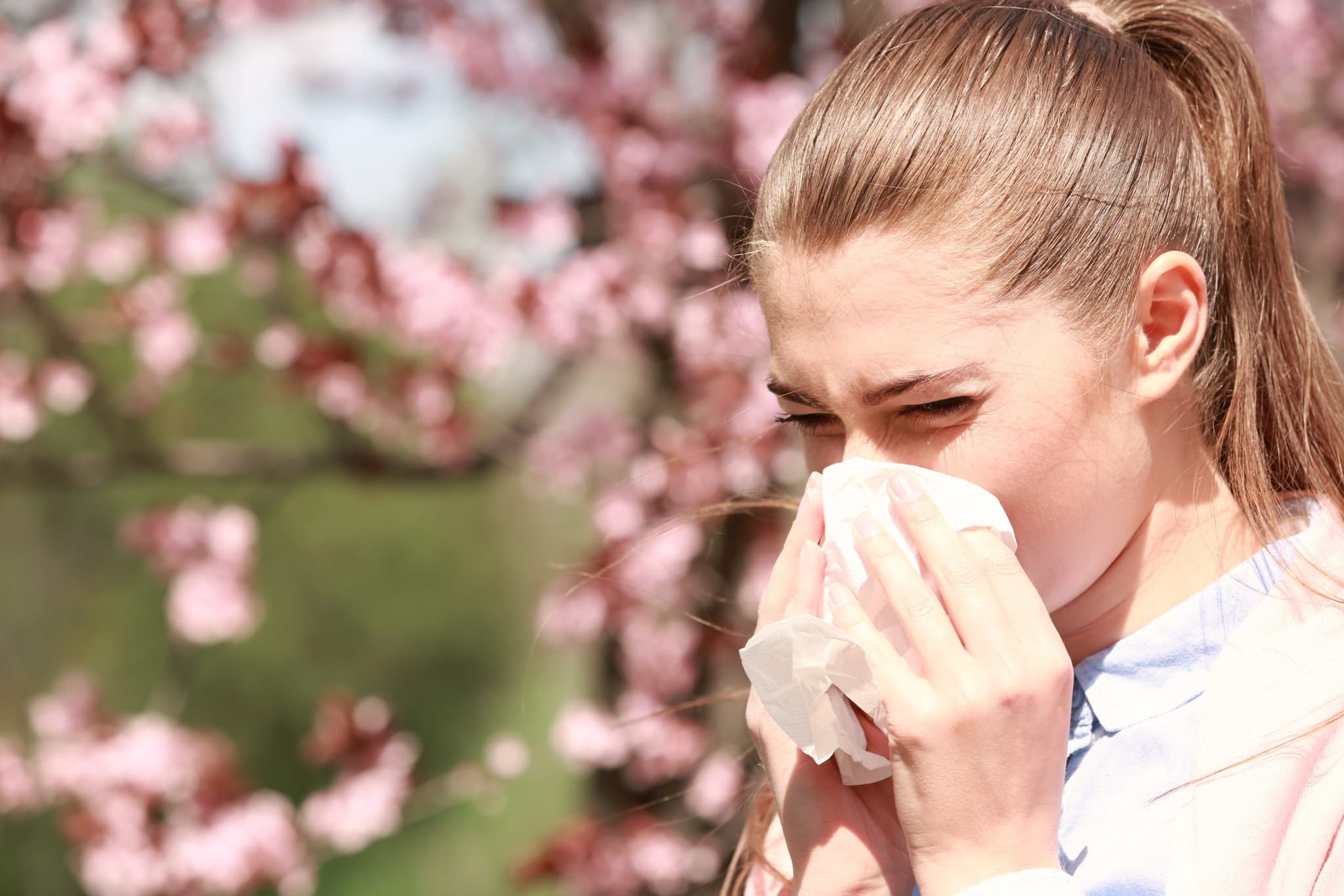
2023-05-19T11:00:36
Environmental allergy testing: What to expect and how to prepare
- Allergy and Immunology
June 20, 2016 | Allergy and Immunology
Specialties:Allergy, Asthma and Immunology

Pediatric asthma, sometimes also called childhood asthma, is often difficult to diagnose. According the American Academy of Allergy, Asthma and Immunology, it is the most common and serious chronic disease seen in children and infants. The National Institutes of Health estimate the number of children with pediatric asthma to be around six million.
While scientists haven’t pinpointed the exact cause of asthma, the following factors have been noted as increasing the risk of an infant or child to develop it:
growing up in an urban environment or one that is low in income
low birth weight
family history of asthma or allergies
exposure to second hand smoke — either before or after birth or both
frequent respiratory illnesses
Some of the signs of asthma that your child might have can mimic other illnesses or conditions, making it difficult to diagnose. Once diagnosed, a child that has the following symptoms should be watched carefully or started on their treatment plan.
reduced energy levels
feeling tired or weak
breathing rapidly
rapid breathing
chest hurting
whistling or wheezing sound when breathing
labored breathing
The National Institutes of Health estimate the number of children with pediatric asthma to be around six million.
Asthma can be a scary disease for both the child and the parent. By working closely with your doctor, the three of you can develop a treatment plan that keeps your child safe and in control of their disease. Encourage your child to share with you any times when they might feel any of the above noted symptoms. The sooner treatment of your child’s asthma is begun, the more likely a full-blown asthma attack can be avoided. Inhalers — either metered dose, nebulizer solutions or dry powder — are an essential part of any treatment plan for the treatment of your child’s asthma. For a child who has more than occasional problems with asthma will probably be prescribed with a short-term relief medication as well as a long-term one.
Some parents, especially those who have a child with exercise-induced asthma, are reluctant to let their child play sports or exercise. However, once your child is under the care of a physician and their asthma is under control, you should continue to encourage exercise. Leading a sedentary lifestyle can have very serious consequences which is why physical education is encouraged.
Take the time to learn about your child’s asthma triggers so that their exposure to them is reduced. In some cases, it is nearly impossible for your child to avoid their allergens, but there are ways to minimize them. For example, always practice good hygiene, especially during cold and flu season. If your child’s asthma is triggered by physical activity, inhaling a short-acting medication can allow them to play.
Need help managing your child’s asthma? Are you worried that your child might have asthma? At Revere Health, our friendly team of allergists and immunologists is ready to help you, your child and the rest of your family cope with asthma.
WRITTEN BY:
The Live Better Team

2023-05-19T11:00:36

2018-06-13T12:00:19

2018-05-09T12:00:57

2018-04-11T11:00:42
This information is not intended to replace the advice of a medical professional. You should always consult your doctor before making decisions about your health.